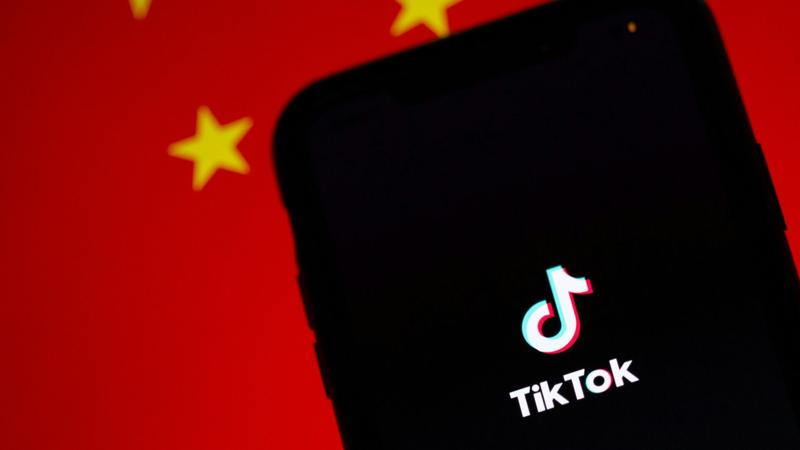President-elect Donald Trump has petitioned the U.S. Supreme Court to delay the enforcement of the federal law that would mandate the sale or shutdown of TikTok by Jan. 19, 2025, the day before his inauguration.
In a brief filed on Dec. 27, 2025, Trump’s legal team requested a postponement to allow his incoming administration to address the national security concerns through “political negotiations” rather than an outright ban.
“President Trump takes no position on the merits of the dispute,” said Trump’s amicus brief, written by D. John Sauer. “Instead, he respectfully requests that the Court consider staying the Act’s deadline for divestment of January 19, 2025, while it considers the merits of this case.”
The law, signed in April by President Joe Biden, mandates that TikTok’s parent company, ByteDance, sell by Jan. 19, 2025, or face a nationwide ban, citing national security and content manipulation concerns.
Trump’s brief emphasizes his opposition to banning the platform, highlighting its user base of 170 million Americans and small businesses and its role in free expression. He also argues that political resolutions could address the security concerns without a ban through the administration’s “dealmaking expertise.”
The Supreme Court agreed to hear TikTok’s arguments on Jan. 10 on whether the law is unconstitutional and violates the First Amendment rights of the 170 million Americans who use the social media platform.
TikTok said it was pleased with the Supreme Court order and believed the court would find the TikTok ban unconstitutional.
The brief states, “…these unique features of the Act raise significant concerns about possible legislative encroachment upon the President’s prerogative to manage the Nation’s geopolitical, strategic relationships overall, and with one of our most significant counterparts, China, specifically.”
The platform has continued to say that the ban infringes upon free speech rights, while the Biden administration maintains that the measure is necessary to protect national security.
This news comes amid an ongoing debate about balancing national security with free speech in the digital age.
Trump initially supported a ban during his first term, citing national security concerns, before using the platform to connect with younger voters, saying, “If you like TikTok, go out and vote for Trump.”
The outcome of this case could set a precedent for how the U.S. government regulates foreign-owned technology platforms operating domestically.







